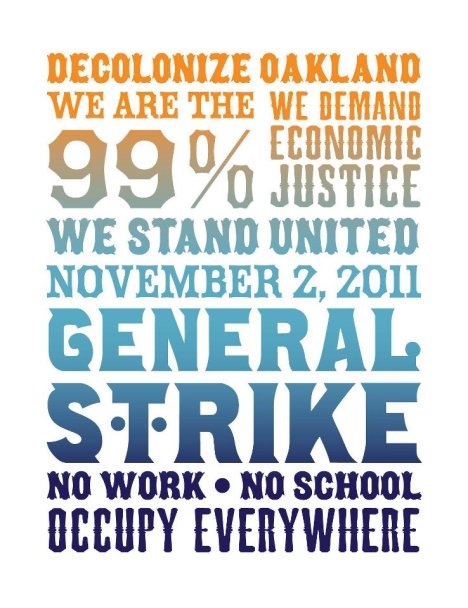Once again San Jose led the Bay Area with the largest protest in Northern California for May 1, 2009. While poor weather and swine flu scares turned many would-be marches away, many saw this years May Day immigrant rights march as the most spirited and significant since the massive march of 2006 when nearly 100,000 swelled the streets.
The day had a marked difference from previous the marches coming after 2006, as this year many of the more institutional organizations took a major step back in their involvement. Reflecting on this is New American Media and Silicon Valley De-Bug commentator Raj Jayadev who wrote “The irony was that in an effort to reclaim that spirit of spontaneity that defined the 2006 march, every effort made by the large institutional organizations seemed more contrived and predictable [in the 2007 and 2008 marches].” He also gives his thoughts on the sense of fighting to win that was present with participants. (link)
To get a feel for the march, or maybe just to relive the the moment if you were there, check De-Bug’s video interviews of participants and photospread of the march here. One thing to note that I’ve heard from a couple of places is that in the media coverage of the march and the comments and signs of participants, there is a much higher emphisis on May Day, International Worker’s Day and worker issues than there an been in the past. Though of course the emphasis on immigrant rights has not been lost at all. A positive development without a doubt.
Check out Pierce Artwork for an amazing and original collection of worker and labor related comics (featured above). A member of the IWW, Pierce offers a fresh, radical and often times subtly hilarous approach to themes relating to working class power. Comics are in English and Spanish as well as other languages.
Speaking of labor, my recently posted “Outline of US Labor History with a Focus on the Role of the Left” has been updated and expanded. The piece attempts to periodize the labor movement by decade, important organizations and broad trends. A particular focus is given on the role of the left and left organizations.
Who pays the piper in the Obama administration? Well, rarely does the mainstream press lay it out so clearly:
“The Democratic-controlled Senate on Thursday defeated a plan to spare hundreds of thousands of homeowners from foreclosure through bankruptcy, a proposal that President Barack Obama embraced but did little to push through. … Obama had said [the proposal] was important to saving the economy and promised to push [it] through Congress. But facing stiff opposition from banks, Obama did little to pressure lawmakers who worried it would encourage bankruptcy filings and spike interest rates.” (Mercury News, May 1, 2009 link).
Meanwhile real estate agents have a “Repo Tour Home” service- a bus that drives potential clients around town to view recently reposessed homes- such as the one pictured above in Stockton, CA.
If you’ve had enough of the swine flu hysteria that has been gripping the media you’ll be glad to know that they seem to be shifting over to a fire burning the mansions of rich people in Santa Barbara and Obama and Biden’s lunch outings. But if you’re still hoping to laugh it off, you should try these videos: The new Swinewow super absorbent towel on Jimmy Kimmel Live and “La cancion del gripe marrano,” a song and dance video by a group of Mexico City musicians. English subtitles included.
Filed under: Humor, Labor, organizing, Reflection, The Movement | Tagged: Central Valley, comics, foreclosure, immigrant rights, Immigration movement, international workers day, La Cancion del Gripe Marrano, Labor, May Day, Obama, Repo Home Tour, San Jose, Silicon Valley De-Bug, Stockton, swine flu, Swine wow, workers | 1 Comment »











 In the IWW many of us have a critique of the service unionism of most of the large, mainstream unions. This is where the union is seen as a service that workers pay for with dues. The service the union offers is representation with and protection from the boss.
In the IWW many of us have a critique of the service unionism of most of the large, mainstream unions. This is where the union is seen as a service that workers pay for with dues. The service the union offers is representation with and protection from the boss.